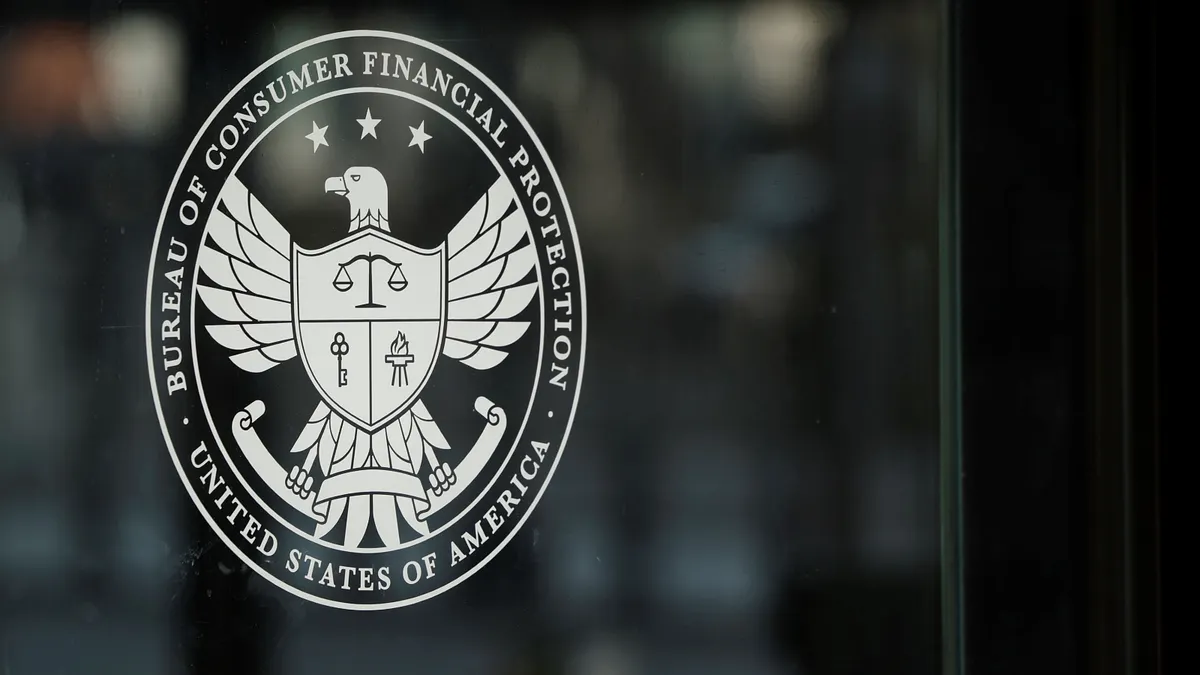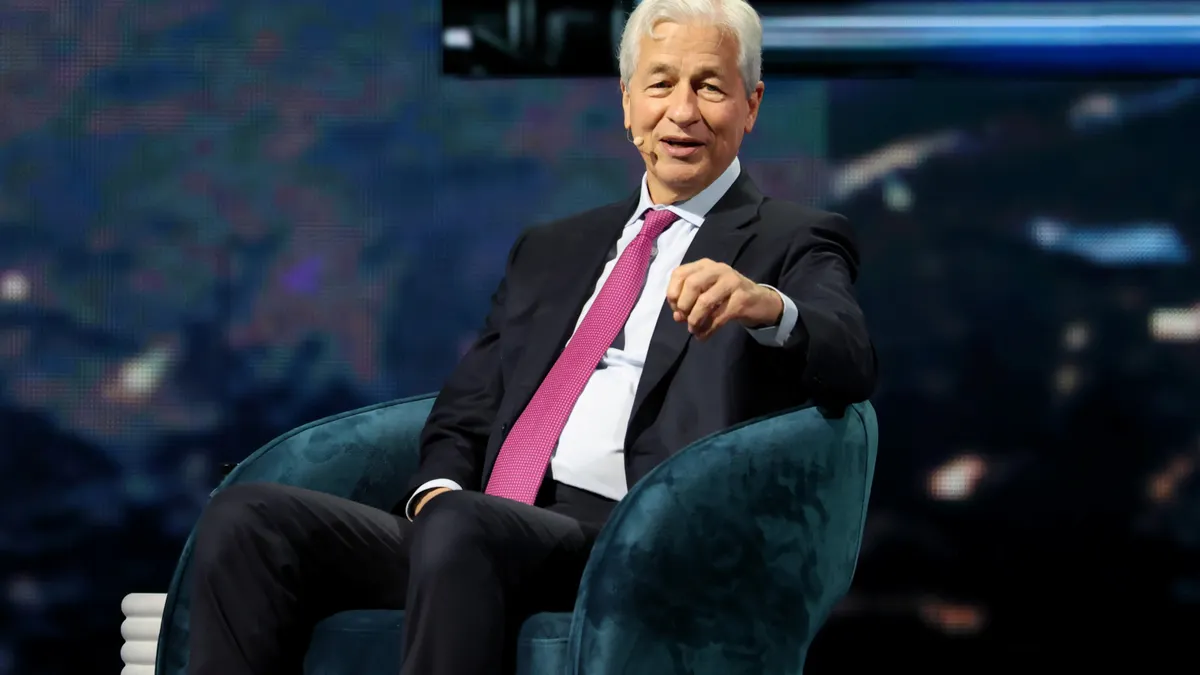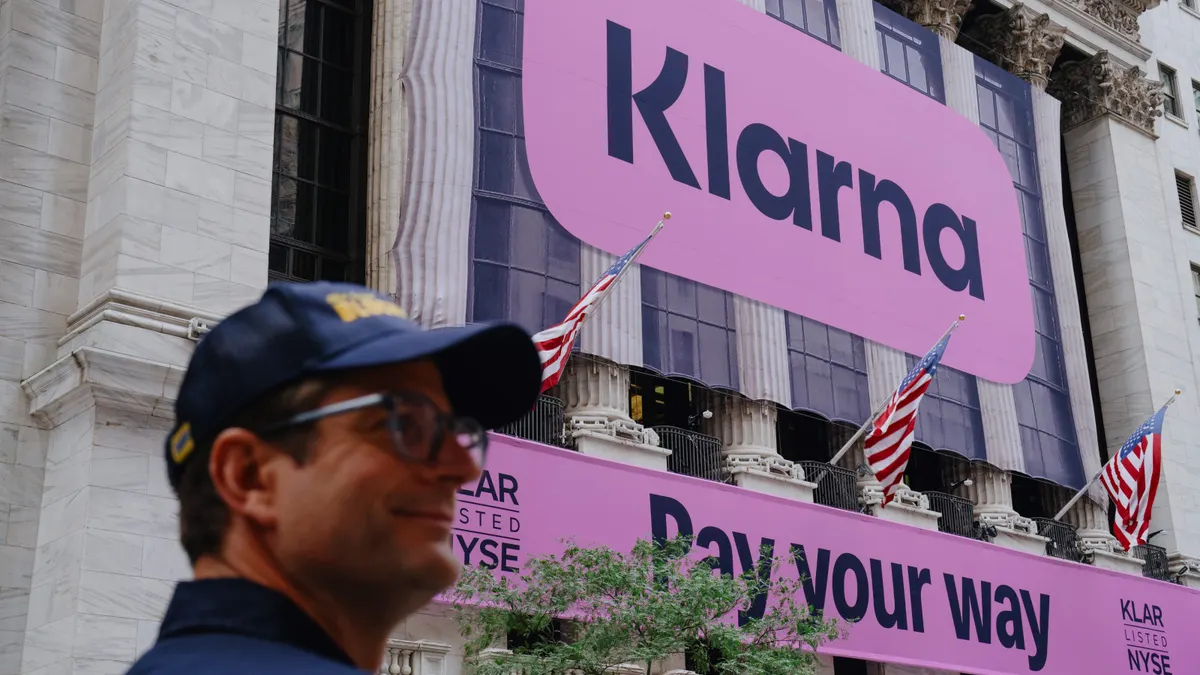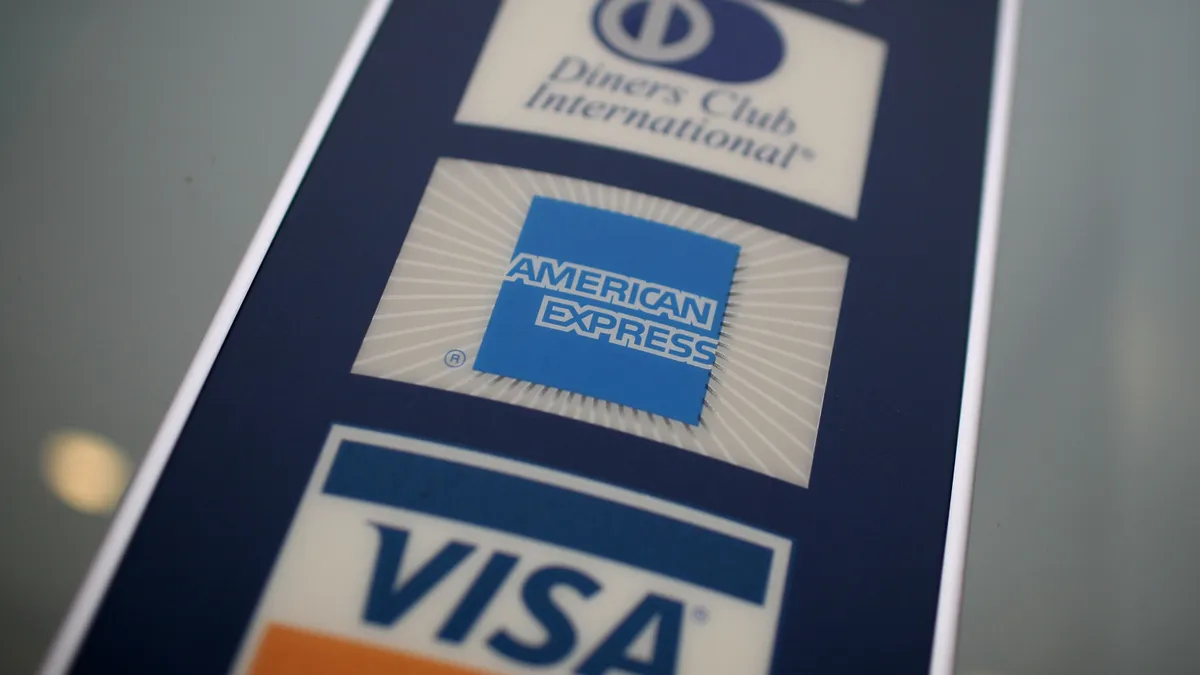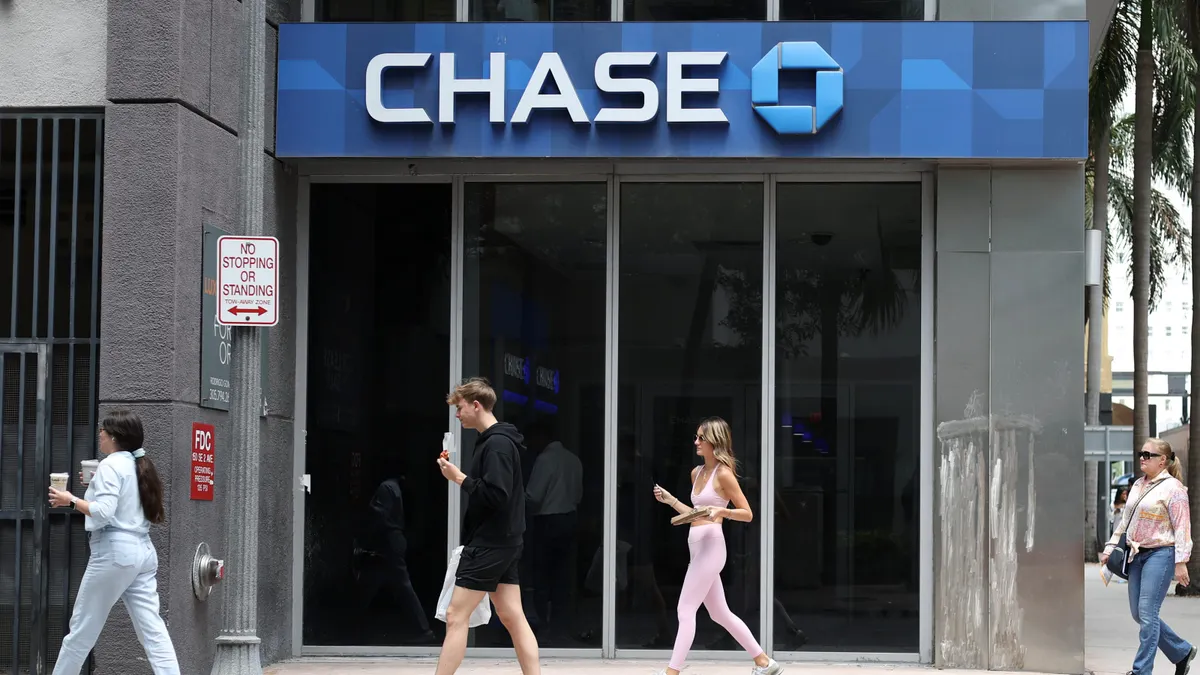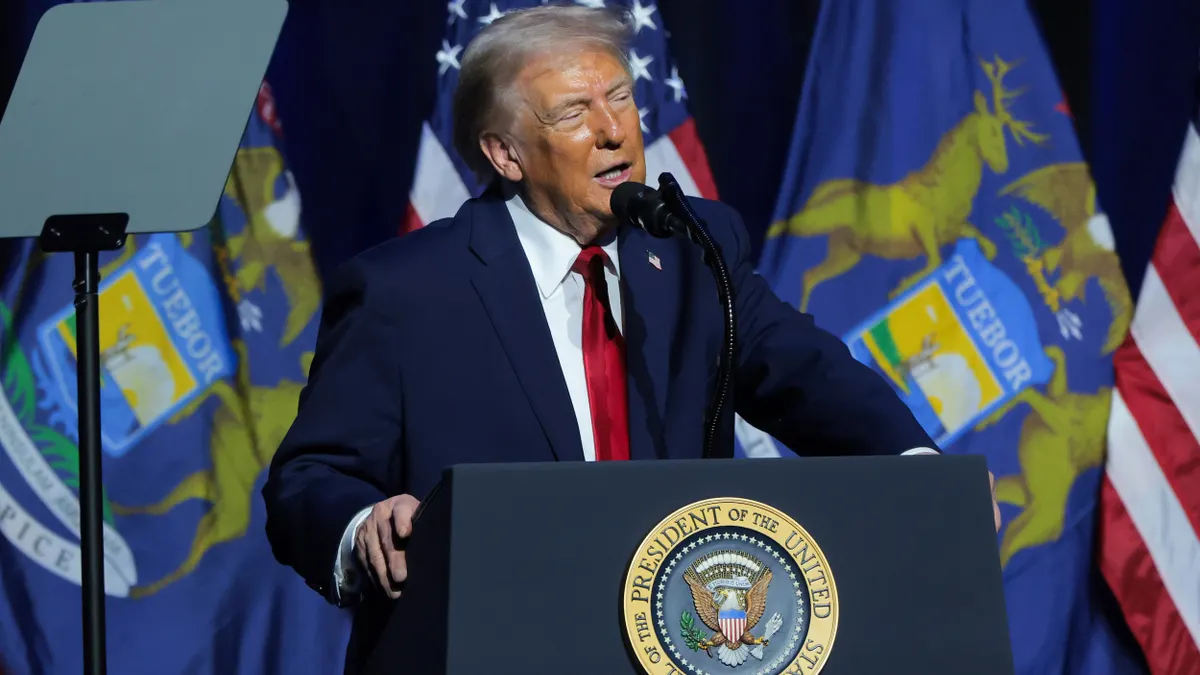The Consumer Financial Protection Bureau collected about 14,000 comments by a Tuesday deadline suggesting how it should revise an open banking rule.
Aside from the banks and fintechs clashing over how Americans may control their personal financial information, the issue drew commentary from a motley assortment of interests: advertisers, food suppliers, consumer advocates, convenience stores, credit unions, grocers, retailers, retirees, libertarians, mortgage lenders, taxpayers and cryptocurrency groups.
In a letter Tuesday, Sen. Cynthia Lummis, a Wyoming Republican, called the Section 1033 open banking portion “a bright spot” of the 2010 Dodd-Frank Act.
“We cannot empower the opponents of digital assets to rewrite the rules in their favor, stifle innovation, and increase costs,” Lummis wrote. “Throwing up barriers would drive entrepreneurs overseas and weaken America’s leadership in financial technology.”
Apple’s payment services unit weighed in on behalf of the tech giant’s digital wallet, urging the CFPB to retain open banking but to exclude wallets under the regulation from being considered a “data provider” the same as banks and card issuers.
The CFPB opened a 60-day comment period in August to inform its revision of the rule, which is set to take effect July 1 for the largest banks. About 13,900 filings were submitted as of the Tuesday night deadline.
The open banking rule was enacted last October during the Biden administration as a way to spur competition in financial services by allowing consumers to more easily transfer their information to new providers. Banks immediately sued to block the rule, arguing that the bureau had exceeded its authority.
Whither the CFPB?
Overshadowing the rule debate, however, are comments last week from the bureau’s acting director, Russell Vought, suggesting the agency’s end was near.
“We don’t have anyone working there except our Republican appointees and a few career [employees] that are doing statutory responsibilities while we close down the agency,” Vought said Oct. 15 on The Charlie Kirk Show. “We want to put it out – and we will be successful probably within the next two, three months.”
The bureau’s press office did not respond to emails about Vought’s comments.
Vought, who also leads the Office of Management and Budget, has been trying to dramatically downsize the CFPB’s workforce and mission since he was appointed acting director in February.
Despite the agency’s uncertain fate, fintech groups noted this week that the prior rule remains in effect. “It’s important to remember that, even if there were to be changes at the Bureau, the existing 1033 rule is the law of the land,” Penny Lee, the chief executive of the Financial Technology Association, said in an emailed comment Monday.
The open banking matter is also the subject of a lawsuit banks brought last year in a federal court in Lexington, Kentucky. In July, U.S. District Judge Danny Reeves agreed to stay the case after the bureau said it would revise the rule, telling the parties to update him every 45 days.
In its last update, Sept. 12, the bureau said it would consider the public comments “as it develops a well-reasoned approach to implementing (Section) 1033 that aligns with the policy preferences of new leadership and addresses the defects in the existing rule.”
Policy implications
In its 22-page letter Tuesday, payment processor Stripe said the CFPB’s decisions on open banking will affect the evolution of agentic AI commerce and carry “profound impacts on whether stablecoins can fulfill their promise for reducing frictions in the payment system.”
“These are significant shifts in the payments ecosystem that will drive further innovation in financial services, unless they are asphyxiated by fees and other anti-competitive restrictions imposed by incumbents,” wrote Jonah Crane, Stripe’s head of global regulatory and policy development.
The three main fintech associations – the American Fintech Council, FTA and Financial Data and Technology Association-North America – filed a joint comment with four other industry groups. The associations urged the bureau to retain a prohibition on fees for data; adopt a definition of consumer “representative” that doesn’t require a fiduciary relationship; and maintain current 2026 compliance deadlines.
“We cannot allow a select group of the nation’s largest banks to dictate the future of American financial services,” the letter reads.
The Electronic Transactions Association noted that the payments industry is “genuinely divided on critical aspects” of the rule’s provisions – including within its own membership. As a result, the bureau should convene an industry roundtable to hear directly “about operational implications, identify areas of potential consensus, and reduce litigation risk by demonstrating thorough consideration of stakeholder perspectives,” wrote Patrick Russell, the ETA’s vice president of government affairs in a letter.
JPMorgan Chase, the largest U.S. bank, filed a 23-page response separate from its trade groups. The bank came under fire in July when it rolled out new fees for fintechs to access consumer data.
Fees will let the market determine “the value of services, supports ongoing maintenance and improvements in essential infrastructure, discourages unnecessary data collection, and motivates aggregators to prioritize secure practices over quick profits,” JPMorgan Chase told the bureau.
In its letter, Mastercard was largely supportive of the current rule, but urged the bureau to craft more specificity around data terms and usage in the new rule. The card network also said regulators should “set standards for denial of access based on information security concerns.”
The American Bankers Association used part of its 29-page letter to implore the CFPB to suspend the mid-2026 compliance dates for the current rule, citing the agency’s rulemaking and the district court’s stay of the litigation but not the rule’s deadlines.
The personal data rule “was overbroad and built on a dubious legal foundation, ultimately picking winners (fintechs and data aggregators) and losers (banks and consumers) in the process,” Ryan Miller, an ABA vice president and senior counsel, wrote Tuesday. “The rule simply cannot stand, either as a matter of jurisprudence or policy.”
The current rule is set to take effect for the largest banks on July 1, 2026, with compliance deadlines for other banks layered through 2030. Financial institutions with less than $850 million in assets are exempt from the rule, which affects a majority of community banks and credit unions.
Banks are asking Reeves to stay the 2026 compliance dates, while fintechs argue they should remain in force. In its letter, the ABA also said the bureau should scrap the current rule’s size exemption for smaller banks.
The Retail Industry Leaders Association also weighed in, urging the bureau to prevent data providers from assessing data-access fees on consumers or their representatives. RILA represents large retailers including Costco Wholesale, Guitar Center and Walmart.
Scant competition in card payments has caused “bloated fees that every U.S. merchant pays today when accepting credit and debit cards,” wrote Austin Jensen, a RILA senior executive vice president, in a letter.
“Allowing a new version of an interchange fee for open banking will only stifle innovation and lead to the same consolidation in the market,” Jensen wrote. “This same scenario has played out over the past several decades with credit and debit cards and RILA implores the CFPB not to take the same path.”


